Y20 Position Paper
Preamble
We, the Y20 Summit 2017 delegation, met in Berlin, Germany on 2-8th June 2017.
We were drawn from nations and organisations across the globe including the G20 members: Argentina, Australia, Brazil, Canada, China, France, Germany, India, Indonesia, Italy, Japan, Republic of Korea, Mexico, Russia, Saudi Arabia, South Africa, Turkey, the United Kingdom, the United States of America and the European Union; guest countries The Netherlands, Norway, Singapore, Spain; and representatives from the African Union, Asia-Pacific Economic Cooperation (APEC), International Labour Organisation (ILO), New Partnership for Africa’s Development (NEPAD) Agency, Organisation for Economic Co-Operation and Development (OECD), World Trade Organisation (WTO), United Nations Major Group for Children and Youth (UN MGCY), and the United Nations Inter-Agency Network on Youth Development’s Working Group on Youth & Gender Equality.
We were invited by the German G20 Presidency to discuss important challenges that young people face today and to provide our input and recommendations from a youth perspective for the upcoming G20 Summit. We welcome this opportunity to contribute to the G20 debate.
Therefore, our approach to the Y20 Summit reflected not only different nationalities, but also diverse professional, academic and cultural backgrounds. We recognise the diversity of youth everywhere and the need to ensure that their views are not only heard, but also incorporated into the political process.
Our discussions have focused on 11 out of the 15 G20 agenda topics. However, we hold the view that all G20 agenda topics are equally important in promoting growth and should be addressed. Our suggested actions and policy recommendations for the G20 are outlined in this position paper.
We also note in this document the growing mistrust in political institutions from many young people around the world. In light of this realisation, we must highlight the importance of inclusive and transparent global governance; we encourage the G20 to uphold the highest standards in this regard. We also encourage the G20 to develop and adopt creative solutions, some of which are suggested in this document, to address our shared challenges.
Youth participation is a human right and the G20 should take leadership in ensuring that young people have access to the right to participate. The G20 must promote the active engagement of youth, youth councils, and organisations while making decisions through open and participative structures. We encourage the G20 to strengthen a multi-stakeholder approach in its deliberations.
We therefore highly appreciate the efforts of the German G20 Presidency to organise and finance this summit allowing young people to meaningfully participate in the G20 process. Furthermore, we encourage the 2018 Argentine G20 Presidency to enhance this youth dialogue during their presidency to maintain structured collaboration with the G20 process.
Young people need the chance to live, prosper, and succeed. Through our continued efforts, and with the support of the G20, we can ensure that together we can build a better future for our generation and all generations to come.
Y20 youth, in particular, are facing common and deep-rooted challenges: lack of economic opportunities for youth, and lack of youth involvement in the global economy. In 2017, global youth unemployment rates is expected to reach 13.1 per cent (ILO, 2017). What is even more alarming is the fact that 25 per cent of youth in middle-income nations and 15 per cent in high income nations are NEETs: not in education, employment or training (OECD, 2017).
